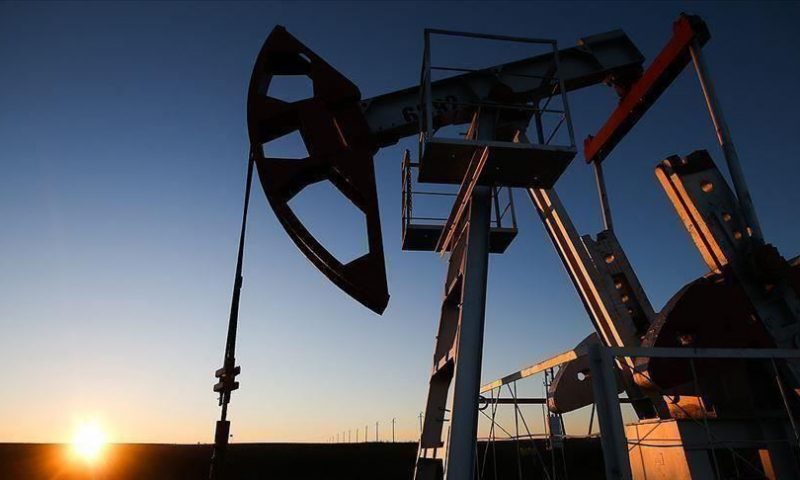The head of Libya’s national oil company has said that his country will try to keep oil production at 1.2 million barrels a day in 2022, but that the company is dealing with serious budget shortfalls.
TRIPOLI, Libya — The head of Libya’s national oil company said on Wednesday that his country is targeting an output of 1.2 million barrels of oil a day in 2022.
Mustafa Sanallah, the head of Libya’s national oil corporation, said in a press conference in Tripoli that the country’s industry will strive to keep production at the same level as it achieved in 2021, but that severe budget shortages could pose challenges to maintaining its output.
Libya’s top oil body, along with the rest of the country, now faces significant uncertainty after long-awaited presidential elections were delayed last month.
Libya and other OPEC members in agreed in early January to raise production levels despite concerns that the omicron variant of COVID-19 might dampen demand. The 23-member OPEC+ alliance led by oil cartel member Saudi Arabia and non-member Russia said then it would add 400,000 barrels per day in February, sticking with a road map to slowly restore cuts in output made during the depths of the pandemic.
Oil is the cornerstone of the Libyan economy but years of fighting and unrest have severely hindered production.
Libya was plunged into chaos after a NATO-backed uprising toppled longtime dictator Moammar Gadhafi in 2011 and split the oil-rich North African country between a U.N.-supported government in the capital, Tripoli, and rival authorities based in the country’s east. Each side was backed by armed groups and foreign governments.
In 2021, Libya oil production recovered after a 2020 U.N.-brokered ceasefire ushered in a transitional government that had been meant to oversee the country until national elections. Sanallah said that Libya tripled its oil production in 2021 compared to the previous year, despite periodic closures of some fields due to unrest and outdated equipment.
With a healthy budget, Sanallah said the country could up production to approximately 1.5 million barrels a day, but that as of now the company only has 11 percent of the funds needed to keep facilities maintained and running.

